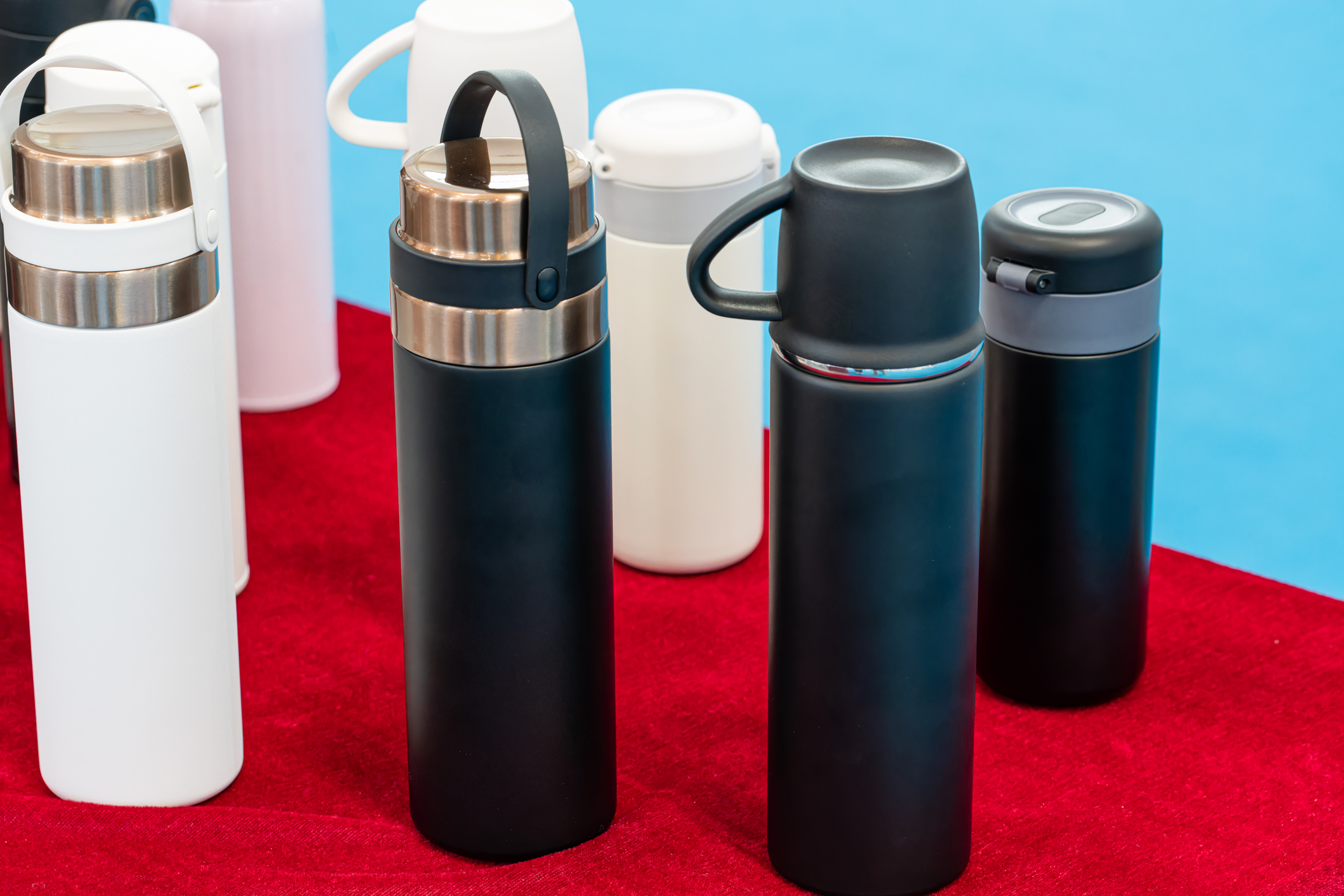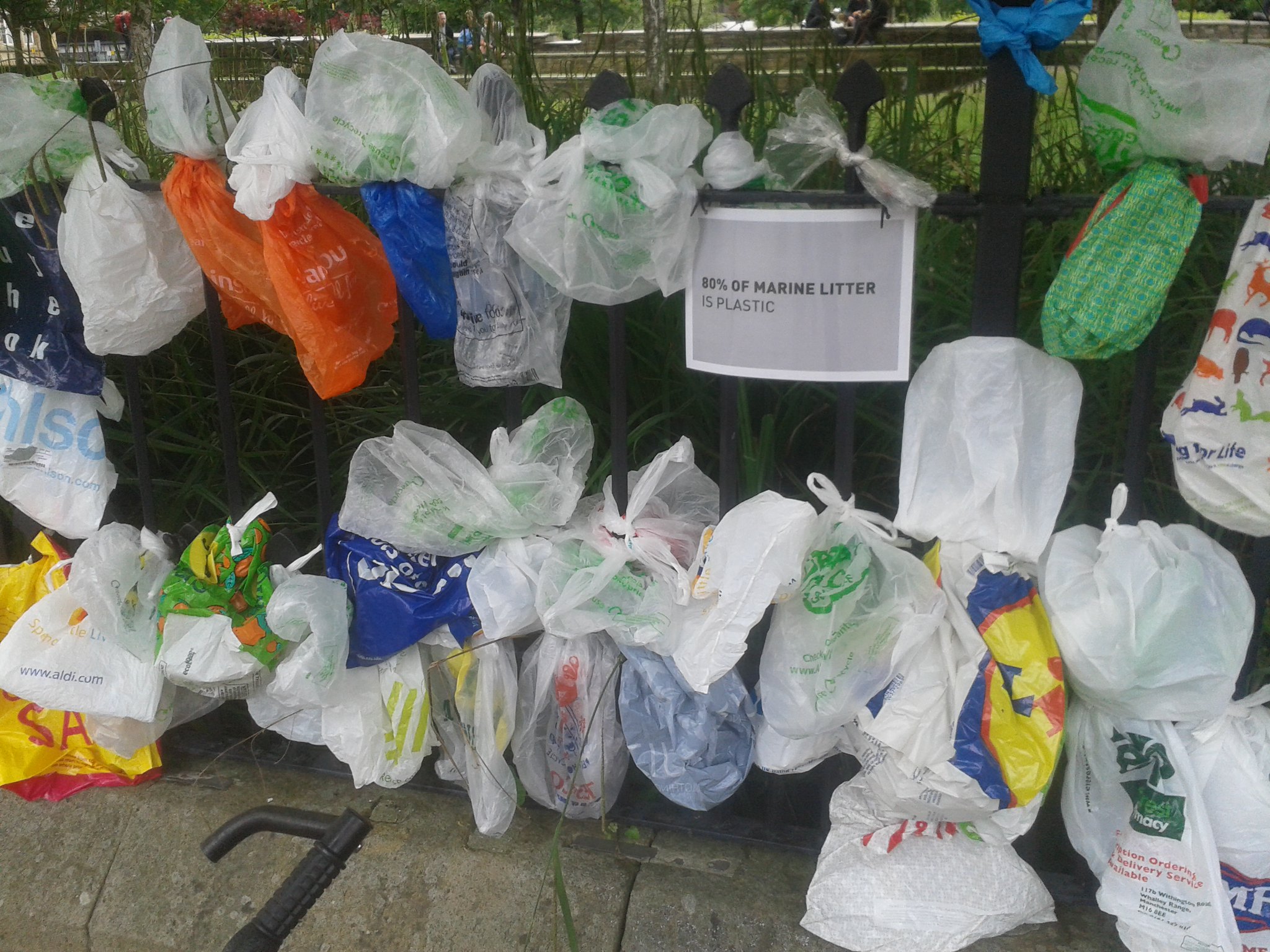
The Benefits of Plastic Bag Bans Reach Far Beyond Plastics
When I first started hearing about efforts to ban single use plastic bags – the kind at the grocery store check-out – I admit I thought it was a bit of a silly idea. Sure, single use plastic bags contribute to the problem of microplastics that are found throughout our oceans and environment, but compared to other problems facing the environment, like global warming, the problem of single-use plastics seemed inconsequential.
I’ve come around, though, to realize that efforts to reduce plastic grocery bags, plastic straws and foam take-out containers not only address the plastics problem but may open routes to address bigger issues. Campaigns to ban or reduce single-use plastics have engaged members of the public who might not otherwise have spoken out about an environmental problem. They also have created an opening to talk about whether our economic model is good for the planet or us.
An article in the British paper The Guardian that addresses both of these points recently led me to realize how much my attitude has changed.
The problem of single-use plastic items has resonated with many members of the public. Regarding public engagement, The Guardian writes:
“The most astounding thing about the anti-plastic movement is just how fast it has grown. To travel back even to 2015 is to enter to a world in which almost all of the things we currently know about plastic are already known, but people aren’t very angry about it. As recently as three years ago, plastic was just one of those problems – like climate change, endangered species or antibiotic resistance – that everyone agreed was bad, but which few people considered doing much about.”
A range of citizens have stepped up to address the problem of single use plastics. In Keller, Texas, a local Boy Scout troop started a campaign to ask city leaders to ban or limit the use of single-use plastic bags. High school students in Steamboat Springs, Colorado, spearheaded that city’s efforts to ban single-use plastic bags. The movement to get rid of plastic straws has also captured public attention. For example, an inventor raised $1.9 million from 38,000 people in 30 days through a Kickstarter campaign to fund production of a collapsible stainless steel straw.
This public energy is exciting. It gives me hope that people who have gotten involved on plastics issues might also begin to engage on other environmental issues, especially as they realize what an impact they can have.
The second point The Guardian article made is about the relationship between single-use plastic items and our economic model:
“In the same way steel enabled new frontiers in building, plastic made possible the cheap and disposable consumer culture that we have come to take for granted. To take on plastic is in some way to take on consumerism itself. It requires us to recognise just how radically our way of life has reshaped the planet in the span of a single lifetime, and ask whether it is too much.”
In other words, when we challenge single-use plastics, we’re questioning the modern economic model. Our modern economy depends on consumers regularly buying more things. But as society has become more affluent, we’ve had less reason to keep buying new items. Our homes are already full (hence the recent decluttering craze). One way that producers can encourage us to keep buying more stuff is to sell us products that are meant to be thrown away after one or a few uses.
Campaigns to ban single-use plastic bags, plastic straws or polystyrene draw attention to this consumption-disposal cycle. Making this aspect of the economy visible creates an opening to discuss whether this economic model is the right one for the planet – or for us. Nobody gains pleasure from filling their trash can with plastic, nor do they like spending their hard-earned money on items that so quickly must be discarded. If we can break away from using plastic this way, perhaps we can change other economic and consumption patterns that will also improve our lives.
I now read with pleasure about each new effort to ban plastic bags, restrict the use of plastic straws and replace foam take-out containers, because I know those proposals reflect increased public engagement around environmental issues and create the opportunities for conversations about larger economic and consumption patterns.
Topics
Authors
Elizabeth Ridlington
Associate Director and Senior Policy Analyst, Frontier Group
Elizabeth Ridlington is associate director and senior policy analyst with Frontier Group. She focuses primarily on global warming, toxics, health care and clean vehicles, and has written dozens of reports on these and other subjects. Elizabeth graduated with honors from Harvard with a degree in government. She joined Frontier Group in 2002. She lives in Northern California with her son.
Find Out More

Too much of a good thing? The environmental downside of the “Stanley cup” craze.

A look back at what our unique network accomplished in 2023

Buying less stuff is good for the planet. It’s also good for us.


